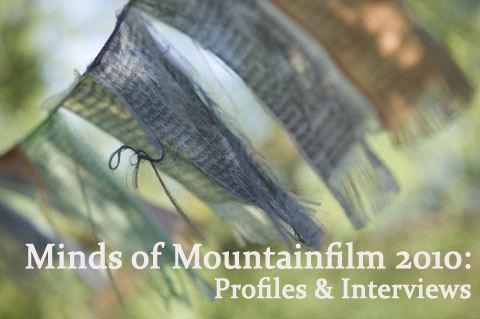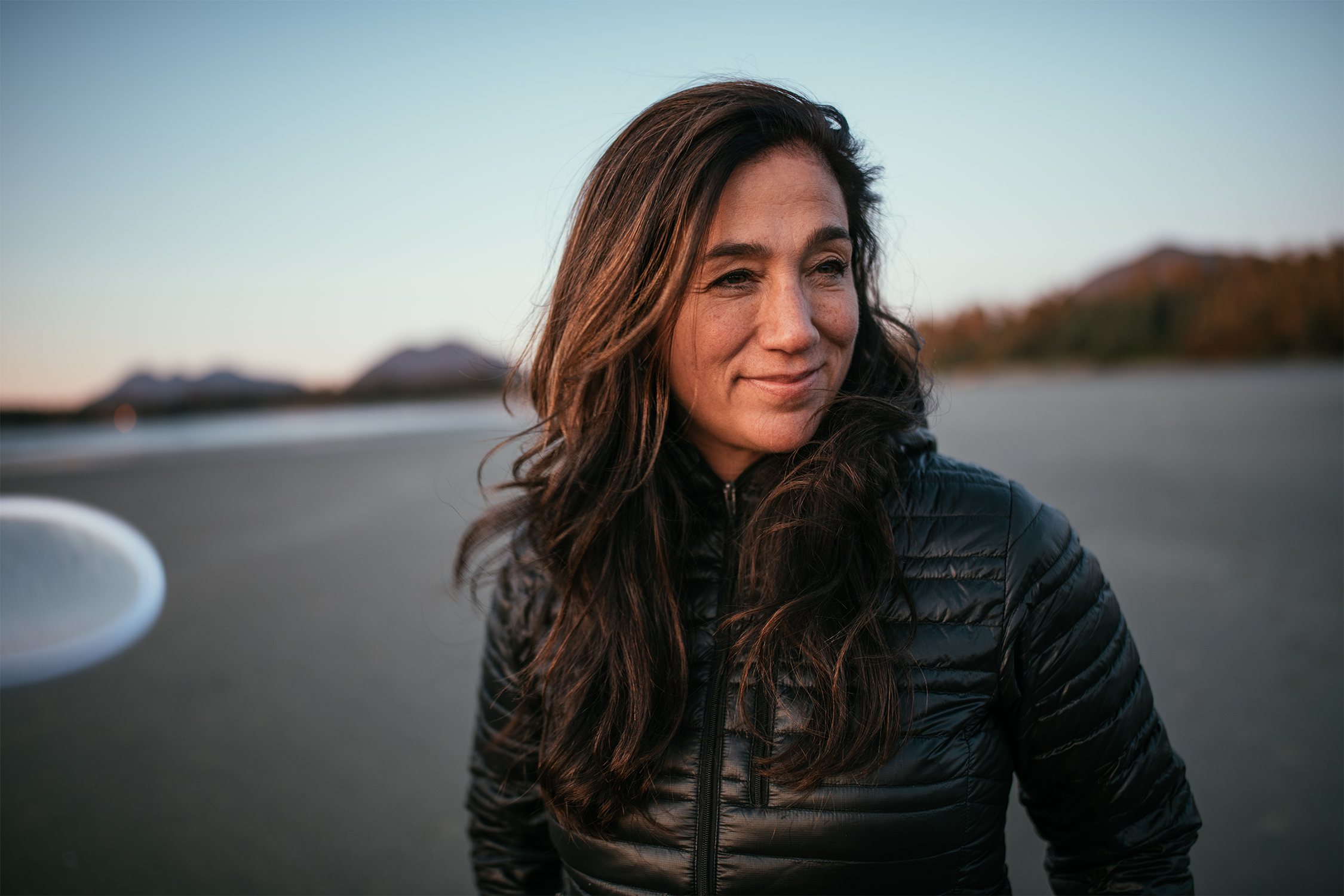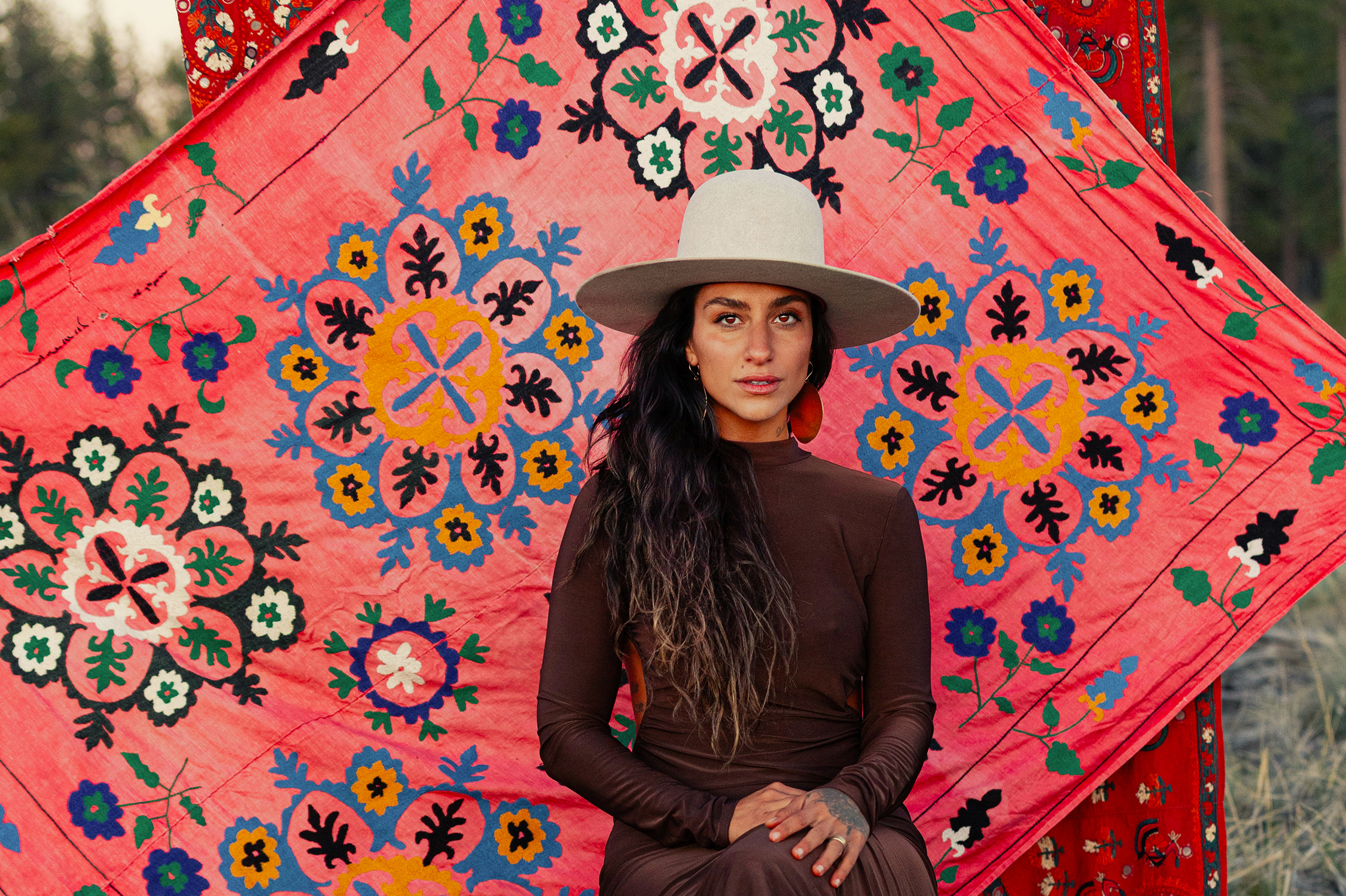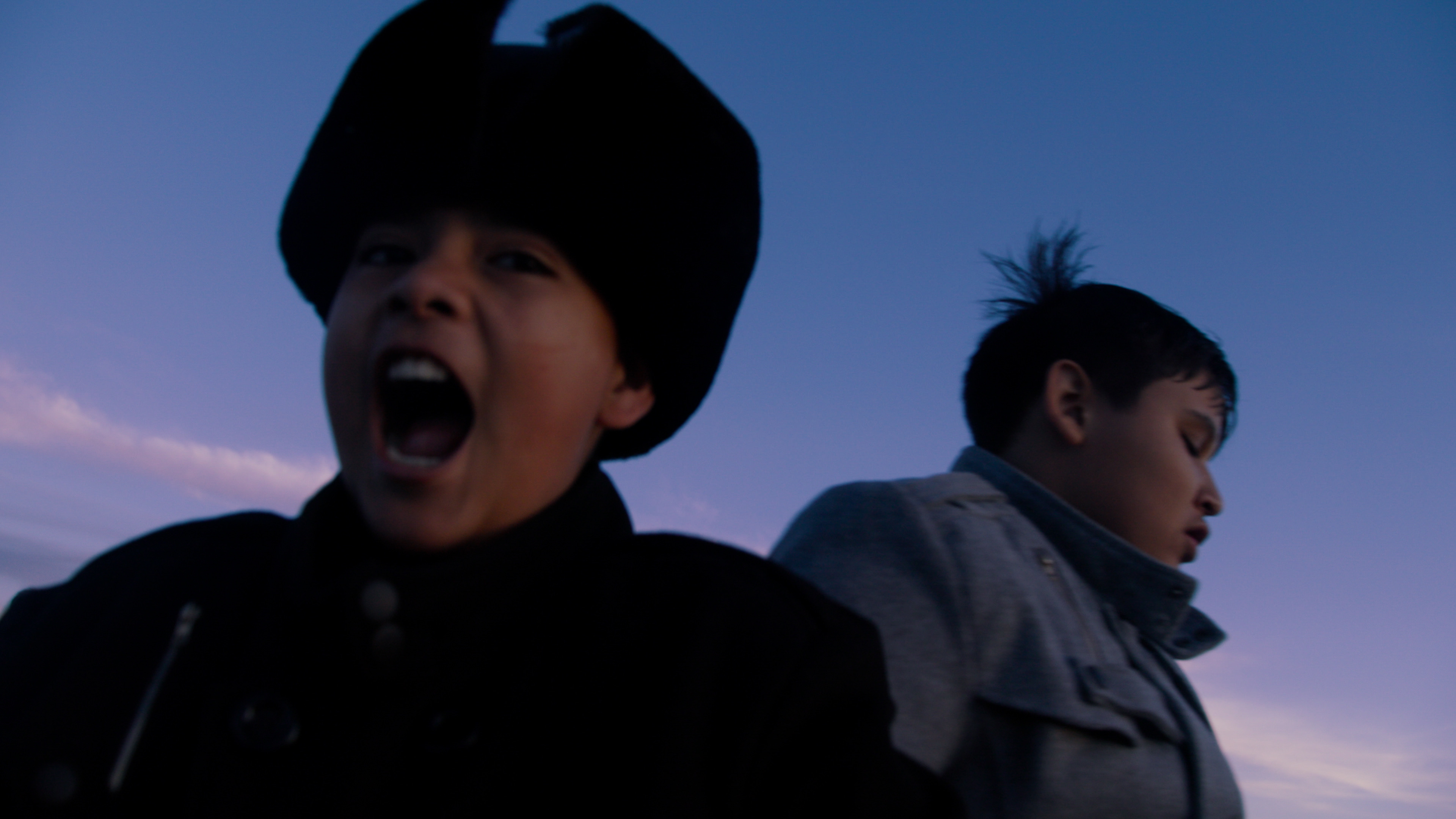Minds of Mountainfilm 2010: Interview with Artist Chris Jordan
 Each Memorial Day weekend, artists and activists, filmmakers and photographers come to Telluride for Mountainfilm. At our core, we are about exploring, preserving and sustaining environments, cultures and conversations, so this unique gathering is part film festival and part ideas festival with leading edge thinkers – and doers – getting together to change the world. Leading up to this year’s festival we wanted to focus on conversations worth sustaining and we’ve asked some of Mountainfilm’s special guests to help us out. Throughout the coming weeks we’ll be posting our conversations with them. We hope that they engage and inspire you. If you want to participate in this discussion, just submit your questions via our Facebook page or our Twitter account.
Each Memorial Day weekend, artists and activists, filmmakers and photographers come to Telluride for Mountainfilm. At our core, we are about exploring, preserving and sustaining environments, cultures and conversations, so this unique gathering is part film festival and part ideas festival with leading edge thinkers – and doers – getting together to change the world. Leading up to this year’s festival we wanted to focus on conversations worth sustaining and we’ve asked some of Mountainfilm’s special guests to help us out. Throughout the coming weeks we’ll be posting our conversations with them. We hope that they engage and inspire you. If you want to participate in this discussion, just submit your questions via our Facebook page or our Twitter account.
***
A former corporate lawyer, Chris Jordan is dedicated to raising consciousness, through his art, of the far-reaching and destructive consequences of our everyday habits. His Running the Numbers – a series of carefully rendered photographic images – takes hard statistics and turns them into art that both dazzles and provokes. His project, Intolerable Beauty, is a looking glass into the prevailing culture of consumption. Most recently, his work, Midway – Message from the Gyre, focuses on the life-cycle of the albatross in the North Pacific Ocean that confuses the vast pollution of trash in the water with food. As a result, the adult birds feed their nesting babies bellies-full of fatal plastic. Jordan’s images of the exposed stomach content of the dead birds are starkly grotesque and, in the darkest possible way, beautifully compelling. The tiny atoll of Midway, Jordan says, is an apt metaphor for humanity’s present midpoint between old paradigms in collapse and a new order that’s necessary to rescue us from ecological disaster.
You changed your career path radically from a corporate attorney to an activist artist. How did that happen - was there a defining moment at some point that pushed you to recast yourself or was it a more gradual transformation? I knew for 14 years, long before I left my legal practice—even as far back as law school—that I wanted to be a photographer full time. I just didn’t have the courage to risk failing. But when I finally left law, my photography was still camera-clubby in a way. It was all about aesthetics, finding beauty in the mundane, but not really engaged on a deeper level in the real world. I still love the work I did back then, but it also has a naïve aspect to it, in retrospect. I lucked on to piles of trash, not because I wanted to make a statement about consumerism or American culture—I just thought they looked interesting and beautiful, kind of like impressionist paintings but all made of garbage when you looked up close. My friends saw these images and said they looked like macabre portraits of America. They suggested I follow this thread as a commentary on mass consumption. It annoyed me at the time. It’s always like that for me – I never really know what I’m doing at the time I’m doing it. I only find out what a project is really about much later on, when I finally connect with the unconscious material that was running the show all that time. Once I do I find out, that’s the signal that it’s over and time to move to something else.
Most people can't or won't make as dramatic a shift in their lives as you have, but many still feel passionately that they would like to help agent change in the world. What can ordinary people do to meaningfully impact the kinds of global crises we face today such as climate change and species extinction? That’s the big question, isn’t it? I’ve spent the last seven years of my work focused on that question: what is the role of the individual in an overwhelmingly enormous and complex global culture? And maybe that’s actually another simpler question in disguise: “Do I matter?” I think that’s one of the central questions facing humanity right now, that we each have to grapple with as individuals. What we decide internally, each one of us, adds up to a collective attitude that has unbelievable power. If people can feel that, if they look deeply into this question and find that they do matter, then they’ll figure out what to do next. It’s not up to me or anyone else to tell them. Each of us is 1/6.7 billionth of the world’s population. That’s a really, really small number that’s very hard to come to terms with. The Green Movement and others posit the importance of the individual and individual efforts. They have all these beautiful quotes like Margaret Mead’s about never doubting the power of one person to make a difference. I don’t negate the truth of that sentiment but I do think there’s another half of the picture that’s being ignored or obscured, at our peril. And that’s this feeling of not mattering. I think almost all of us carry that feeling – I know I do. Whether we acknowledge that or not, it’s there, as evidenced by our wasteful daily behaviors. As an analogy, think of an old-fashioned gauge with a needle, that can either point left or right. On one side, the reading is: I matter. I’m a contributing, valuable member of the human community, and every detail of my life is important. On the other side, the reading is: I don’t matter. I can be however uncaring and wasteful as I want to because I’m too small to make any difference. My problem is that my needle jumps back and forth all the time. I think the challenge is to get us to behave as if we matter, even when our needles point to the side that says we don’t matter. Because the truth is, our small behaviors really do add up. As proof, just look at the world we live in: it’s the product of hundreds of millions of people each behaving as if we don’t matter. The result is a catastrophe, which we have all participated in creating. And so it turns out, so far, that we all mattered without even realizing it. Each one of us really has made a difference, perhaps in a bigger way than we have the courage to admit to ourselves. I think once more people feel that, they’ll know what to do, or they’ll care enough to find out.
How do you see media - be it film, photography, art, etc. - serving as a catalyst for positive change? We’re at a place right now where human culture has never been before – at the threshold of instantaneous global mass communication. It’s communication that takes many different forms, from phones to TV, NetFlix and streaming media, radio, the blogosphere, email, Facebook, Twitter, YouTube, and so on. This mass connectivity is the key ingredient that many futurists believe will lead to the emergence of global collective intelligence. Which will lead, in turn, to conscious global, collective decision-making - something that hasn’t ever happened before. It’s one of the few things in the world that I’m optimistic about – the transformational power of media. But of course the power doesn’t lie in the media itself; that’s just a tool. The power lies with us. What, if any, specific media project or art has most influenced you and your work? I was just down in Berkeley starting work on a collaboration with Free Range Studios who produced Annie Leonard’s “The Story of Stuff,” and her project is as inspiring to me as anything I’ve come across. It’s a hand-drawn, 20-minute video animation that runs through the environmental footprint of the stuff we consume. And the thing that’s so powerful, in addition to the actual content and Annie’s infectious brilliance, is that it was created with the express intention of going viral on the web. It has now been seen by something like 100 million people. I’ve met with elementary school kids in Tasmania who had all seen it and talked about it in their classes. Really amazing to see how one person’s passionate voice really does reach all the way across the globe.

Plastic Bottles by Chris Jordan (partial zoom)
How do you think this year's Mountainfilm theme of species extinction and loss of biodiversity plays into a larger discussion of our society and our future? It’s a huge issue. Just look at one of our charismatic megafauna—the tiger. Scientists who study tigers tell us that there are currently 3,200 tigers left on this planet. The number continues to plummet, and that’s just one highly visible species among the thousands of others going extinct. It’s hard to think of anything more relevant to our long-term survival as a species, than the mass extinction that’s happening right now. It’s become evident to me recently, but apparently not to a lot of other people (including most of our so-called leaders), that we humans are directly dependent on the health of all the other living species. Our biosphere is a vastly complex living system, which is, literally, our life-support. Every part interconnects with and affects every other part in some way, either directly or indirectly. I grew up without that concept in mind – a void reinforced by watching too much Star Trek, where everyone’s living just fine in a big, disconnected, sterile, metal spaceship, and the unspoken assumption is that we can get along like that for millions of years. A better analogy for me, is my son’s fish tank that sits on his dresser. It is a 29-gallon mini-ecosystem with its own fragile balance of life. If any aspect of the chemistry of that system changes even a little bit, by a few parts per million, then all the fish die. We humans haven’t gotten yet that the same thing applies to us. As an example, if we lose our plankton, which appears imminent according to leading marine scientists, then we lose the organism that produces half of all the world’s oxygen. Plankton also serve as the basis for the marine ecosystems in all the world’s oceans, and half of all human food is fish. We literally depend on plankton for our survival. And to keep the plankton alive requires supporting and nourishing our oceans as a whole. The health of the plankton depend on what’s coming out of our rivers, and on the health of all the fish populations that are interconnected with the plankton, and so on. At the other end of the spectrum, biologists say that the loss of an apex predator in any ecosystem, like the tiger or the shark, is a signal of the collapse of that ecosystem. Right now in the world, virtually every apex predator in every ecosystem is either extinct or on the verge of extinction. The alarm bells are going off pretty loudly here, far as I can tell. What impact, if any, do you think showcase events such as the Mountainfilm festival can have on causes like environmentalism and social justice? It kind of comes back to the question of what individual people can do. The Mountainfilm festival is an important place where that question – and the other question that it disguises of whether we each matter– gets looked at closely. That’s why I think films like The Cove that played at MF last year, and presentations by people like Ben Skinner, who spoke passionately about modern human slavery, are so vital – they cut to the heart of the modern dilemma of individuals wanting to make a difference against overwhelming odds. I believe that facing these issues head-on is a critical step toward the kind of action we all know we need to take.


